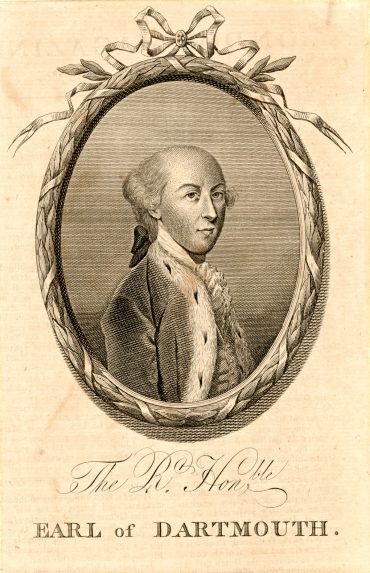The call says:
Phillis Wheatley traveled to London in the summer of 1773, prior to the September publication of her Poems on Various Subjects, Religious and Moral. The literary-historical implications of this fact are far reaching, touching on Wheatley’s place in the canons of African-American, Black Diasporic, American, and British literature. The aim of this forum is to situate Wheatley’s career in relation to British studies, shoring up the significance of London, and of Britain more generally, as one of the multiple contexts she negotiated during her short and remarkable life.Adding to the flood of publications about Wheatley as we approach the sestercentennial of her book, this project aims to “focus on the view from London in 1773.”
Wheatley’s writing addressed audiences in the metropole as well as the American colonies, but she is still largely taught as a founding figure for African-American literature. “Wheatley in London” asks what happens when we return her to a context in which she also flourished: transatlantic evangelical English-language print culture of the 1770s. . . .
Attention to the British context reminds us that there were Black intellectuals in 1770s London; that there was a thriving abolitionist movement and an array of evangelical Christian sects that intersected with that movement in complicated ways. Thanks to the publication of laboring-class poets, “natural genius” was in vogue. Still, no matter how skillful and innovative Wheatley’s use of conventions like the heroic couplet, those conventions retain their association with white British poets, sometimes posing a dilemma for readers and critics.
The editors of this issue of the journal will be Bakary Diaby of Skidmore College and Abigail Zitin of Rutgers University. They’re seeking essays between 3,000 and 6,000 words long, and the submission deadline is 1 Feb 2024.
(The picture above shows the Earl of Dartmouth, the British government’s secretary of state for the colonies in 1773. Wheatley met with him in London. A hereditary earl, one of the most powerful individuals in the British Empire, conversing with an enslaved woman probably only twenty years old. That wide disparity of legal power and stature shows what an extraordinary event Wheatley’s trip to London was.)

No comments:
Post a Comment